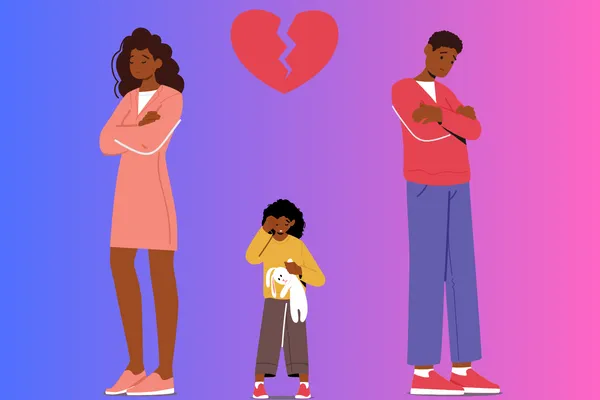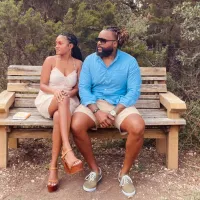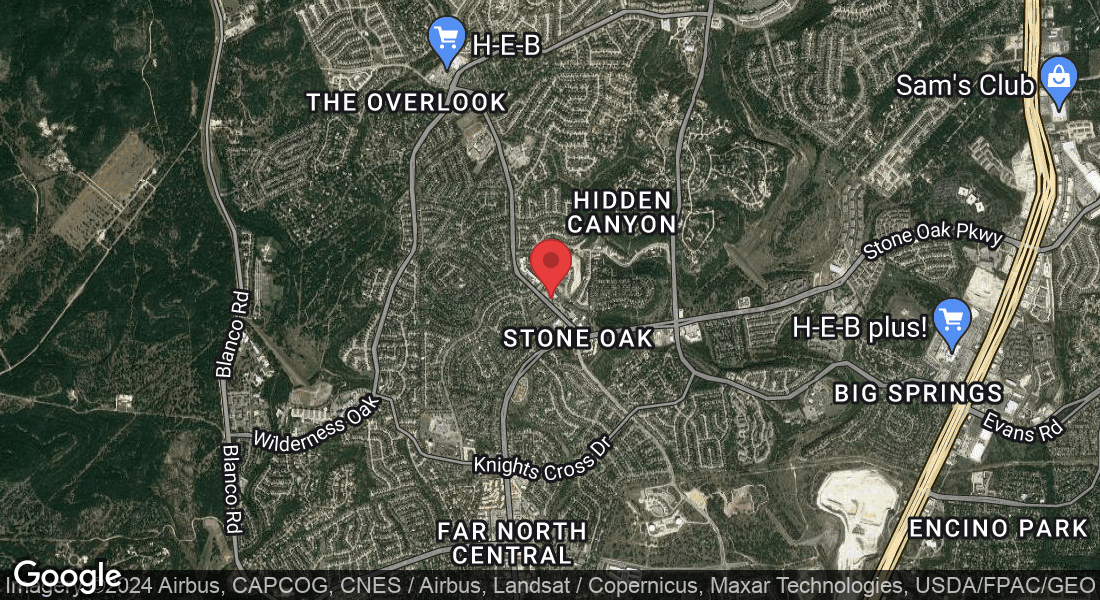Alchemic Healing Blog Posts
Self Care, Relationships & Growth.

Address your childhood trauma or your romantic relationships will.
“I don't know who needs to hear this but... if you don't address your childhood trauma, your romantic relationships will.” - Tony & Sage/ @AlchemicHealing
Introduction:
I don't know who needs to hear this but... if you don't address your childhood trauma, your romantic relationships will." This statement opens a door to an important discussion: how our early life experiences, particularly unresolved traumas, subtly shape our adult relationships. It's a revealing look at how our past can mirror itself in our romantic lives, sometimes misleading us into believing our partners are the source of issues that are, in fact, echoes of our own past.

With that said, Lets dive in...
Understanding Childhood Trauma
Childhood trauma isn't always about dramatic events; it often involves subtler, continuous experiences that shape our psyche. This could be emotional neglect, growing up with a reactive parent, or being in an environment where criticism was the norm. These experiences, when unaddressed, lay the groundwork for how we perceive and react in adult relationships.
The Impact on Romantic Relationships
Our romantic relationships can inadvertently become stages where childhood traumas are replayed. Consider these examples:
Feeling Unheard: If you often feel like your partner isn't listening, it might be less about their behavior and more about your childhood experiences of not being heard. Your partner may be listening, but your past could be coloring your perception.
Hyper-Sensitivity to Criticism: Consistent criticism in childhood can lead to hypersensitivity to your partner's feedback, interpreting even constructive comments as personal attacks.
Fear of Abandonment: Growing up with instability can instill a deep-seated fear of abandonment, leading to clinging or needy behavior in relationships.
It's crucial to recognize that sometimes these perceptions are less about your partner's actions and more about your internalized experiences. Your partner might be doing their best, but your past trauma can distort how you perceive and react to their actions.

Recognizing the Signs
Recognizing these patterns requires honest self-reflection. It's about asking yourself tough questions: Are my reactions to my partner based on what's happening now, or are they a response to something from my past? Understanding the origins of your emotional responses can be eye-opening and is the first step towards healing.
Healing and Growth
Healing from childhood trauma is a journey. It often involves professional support like therapy, where you can explore your past and its impact on your present. It's also about developing new coping mechanisms and learning to differentiate between past traumas and current realities. Healing allows you to respond to your partner's actions based on the present, not your past.

Fostering Healthy Relationships
As you work through your past, you'll start to see changes in how you perceive and interact with your partner. Communication becomes clearer, and you're able to appreciate your partner's actions for what they truly are. This leads to healthier and more fulfilling relationships, where both partners are seen and understood.
Conclusion
Understanding how childhood trauma affects your romantic relationships is crucial for breaking patterns and building healthier connections. Remember, it's not always about what your partner is or isn't doing; sometimes, it's about dealing with your own past. By acknowledging and working through these issues, you open the door to more genuine, loving, and fulfilling relationships.
Address Your Childhood Trauma checklist:
Self-Reflection: Regularly assess if your reactions in the relationship are rooted in the present or are influenced by past traumas.
Open Communication: Practice honest and open dialogue with your partner about your feelings and experiences.
Seek Professional Help: Consider therapy or counseling to address and work through unresolved childhood trauma.
Differentiate Past from Present: Learn to distinguish between your past experiences and your current relationship dynamics.
Practice Apology and Acknowledgment: Be ready to apologize and acknowledge when you project past issues onto your partner.
Develop Healthy Coping Strategies: Work on building healthier ways to cope with triggers and emotional responses.
Foster Understanding and Patience: Encourage patience and understanding, both within yourself and with your partner, as you navigate these complexities.
Prioritize Personal Growth: Commit to personal growth and healing as a continuous journey that enriches both your individual life and your relationship.



